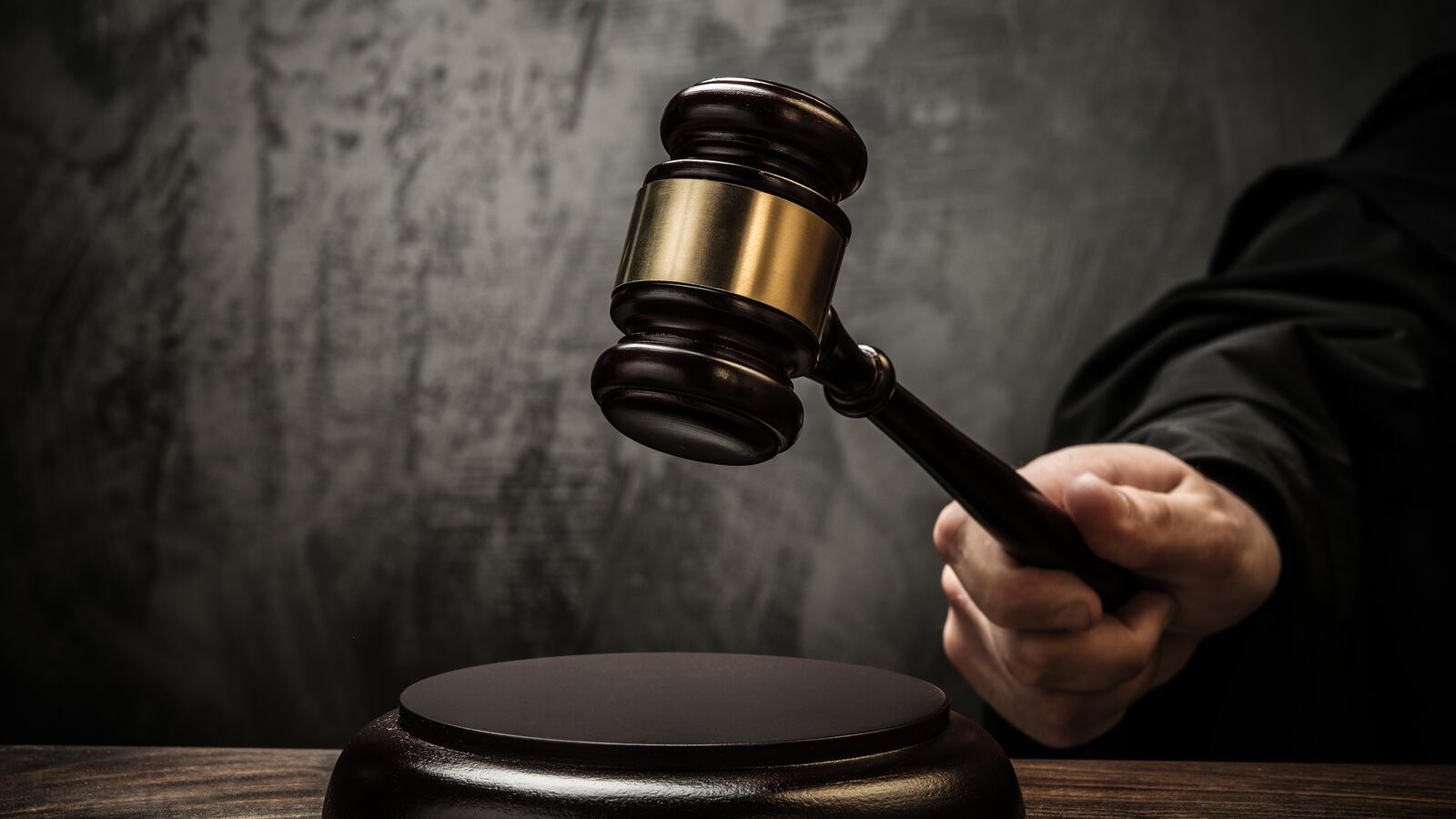Two judges in Argentina decided that a soccer coach who raped a 6-year-old boy shouldn’t be held entirely responsible because the child had already been traumatized by previous alleged abuse—and because he supposedly showed “homosexual tendencies.”
The ruling, which was sealed when it came down last year but was leaked to the press, has caused an uproar in Argentina. It has also revealed a pair of judges with a long record of reducing sentences for sexual and gender-based crimes, including justifying a pastor’s rape of two teenage girls because they belonged to a lower economic class.
The court papers show that judges Horacio Piombo and Benjamin Ramon Sal Llargues reduced the sentence of Mario Tolosa, a soccer club coach, who was charged in 2010 with raping the unnamed boy. The pair decided to lower Tolosa’s jail time from six years to 38 months, saying that because the boy’s father may have already raped him, he was used to such abuse and had showed homosexual traits.
In radio and television interviews defending his decision this week, Piombo said the boy had “signs of a transvestite conduct, of conduct we had to take into account,” and argued that he had already had “the initiation by his father into the worst of worlds, leading him to depravation.”
“We need to make sure the judges don’t say to the world that being gay is a reason to be raped,” says Pablo Fracchia, a social worker and campaigner for gay-rights organization All Out in Buenos Aires. He is working with other Argentine rights groups to file a complaint with the government requesting the judges’ dismissal. “What they’re saying is, ‘Hello rapist, if you want to rape someone, rape someone who’s been raped before,’” he says.
The judicial system in Argentina has three levels: the local court, an appeals level, and a supreme court of the province. The middle level of judges look at closed cases and either confirm or reject sentences based on the original trial proceedings. In this case, Fracchia says, the first judge was the one to decide that the child had homosexual tendencies, based upon a report from a social worker.
“Who wrote that?” Fracchia asks. “Who got an interview with 6-year-old and then said he had his sexual identity defined? That’s crazy. I cannot think that a professional would write that. Someone should have their license removed.”
The original charge had been a “gravely outrageous attack,” but the judges decided this was unnecessary because the boy had been previously attacked, allegedly by his own father.
“We have a very shady judicial system. We have judges who still came from the dictatorship,” Fracchia says. “It’s supposed to be that the second level and supreme court are good enough to correct most of these crazy things, but sometimes they’re also as crazy as the first level.”
The boy’s father is currently serving a jail sentence for rape, reportedly of his niece, but the family denies he ever attacked his son. His mother is not a guardian anymore, and the boy lives with his grandparents. The boy’s aunt spoke to reporters this week, calling for the coach to be retried. “He raped a child and they say he’s innocent because the child is gay,” she said. The prosecutor has already appealed to the provincial supreme court, and from there, the case could move to the national supreme court.
In their positions in Chamber I of the Buenos Aires Criminal Court of Cassation, based in La Plata, the two judges involved in this case have left a trail of reduced sentences for brutal murders and sexual attacks. This recent incident has surfaced a number of these skeletons.
In March, according to the Spanish-language news site Clarin, Piombo and Llargues lowered the sentence of a man who raped his daughter from 20 years to eight, because the victim gave contradictory statements in court. In 2011, a man who killed his wife with a hammer got a sentence lowered from 17 to 10 years because they viewed the woman’s attitude as “almost provocative.”
Also in 2011, the pair reduced a sentence of a pastor who abused two girls, aged 14 and 16, because they said the victims were poor and therefore part of a community that supposedly accepts a lower age of sexual activity. They said that the girls already “had sexual experience” because they were raised “in communities where the socially accepted relations at very low ages.” Jail time for the pastor was reduced from 18 years to a little more than nine years in a decision that was criticized and rejected by the regional Supreme Court.
The response in Argentina has been swift. One of the judges, Piombo, has already been fired from his post as a lecturer at the University of Mar del Plata. By Wednesday, there were 32,000 signatures on a Change.org petition to speed up the judges’ dismissal.
The decision lies with a senate committee, but Fracchia expects that political and international pressure will propel the case forward. Argentine politicians from both sides of the aisle have railed against the judges’ decision. “It’s repugnant to say that the presumed sexual orientation of an abused 6-year-old boy is a reason to reduce the sentence of the abuser,” said Interior Minister and presidential candidate Florencio Randazzo. The case, said President Cristina Fernandez de Kirchner’s cabinet chief, was “one of the biggest disgraces we’ve ever seen in this country.”
“This kid has suffered a lot,” Fracchia says. “And now the system has made him suffer again by saying, ‘You look kind of gay, so you’re used to being raped.’”






